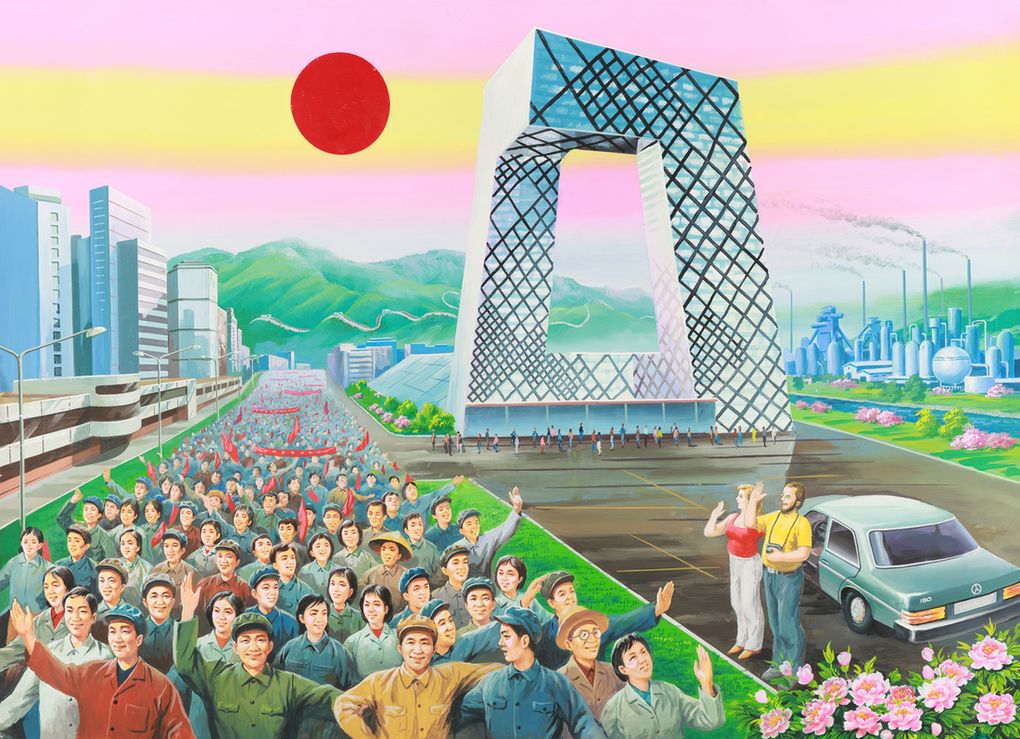I’m part way through a disturbing new book that’s causing fresh chatter in the China nerdosphere and beyond [I’ve also seen a number of favorable reviews, the latest in the Weekend FT]. The book is ‘The China Model: Political Meritocracy and the Limits of Democracy’ by Mr. Daniel A. Bell, Chair Professor of the Schwarzman Scholars program at Tsinghua University in Beijing and director of the Berggruen Institute of Philosophy and Culture.
Disturbing because it appears to be a long essay on how the Chinese political system is ultimately superior to the ‘newer’ democratic systems more in favor in the West. As I said I’m only part way through so perhaps his argument becomes more balanced? I doubt though his main point will alter, and it’s a view increasingly widely held, that the autocratic (meritocratic according to Prof. Bell) shut-up-and-let’s-all-get-rich school of politics (favored also in Singapore as he also points out) is a legitimate, and by implication better, long-term political system. Hmmm.
However, he seems to give limited house room to the degree of repression that’s practiced against dissenters in China (and Singapore?) and that’s stimulated a new avenue of inquiry for me which is to understand better the mechanism the authorities use to progress their control; and so to this week’s paper.
This link will take you to Propaganda as Signaling from Mr. Haifeng Huang at the University of California, Merced and he looks at one of the ways propaganda actually works. Doubtless few believe the bizarre ways in which the North Korean media puffs up their Supreme Leader and in China Mr. Huang highlights the official nightly news bulletin Xinwen Lianbo, that few can be interested in but most are forced to watch, as offering frequently patently at-odds-with-reality content.
Via a study of college students who must (still) attend political indoctrination courses he shows that greater exposure to propaganda may not convince the recipients of its veracity but what it does do is convince them of the strength of the organization that delivers it. An interesting take and one that explains the vast amount of resources China still devotes to this activity.
I’ll press on with Professor Bell’s book but I’m going to take a lot more convincing that a system that needs to mobilize so much resource to defend its legitimacy is to be preferred to one in which certain truths are held to be self evident.
Happy Sunday
